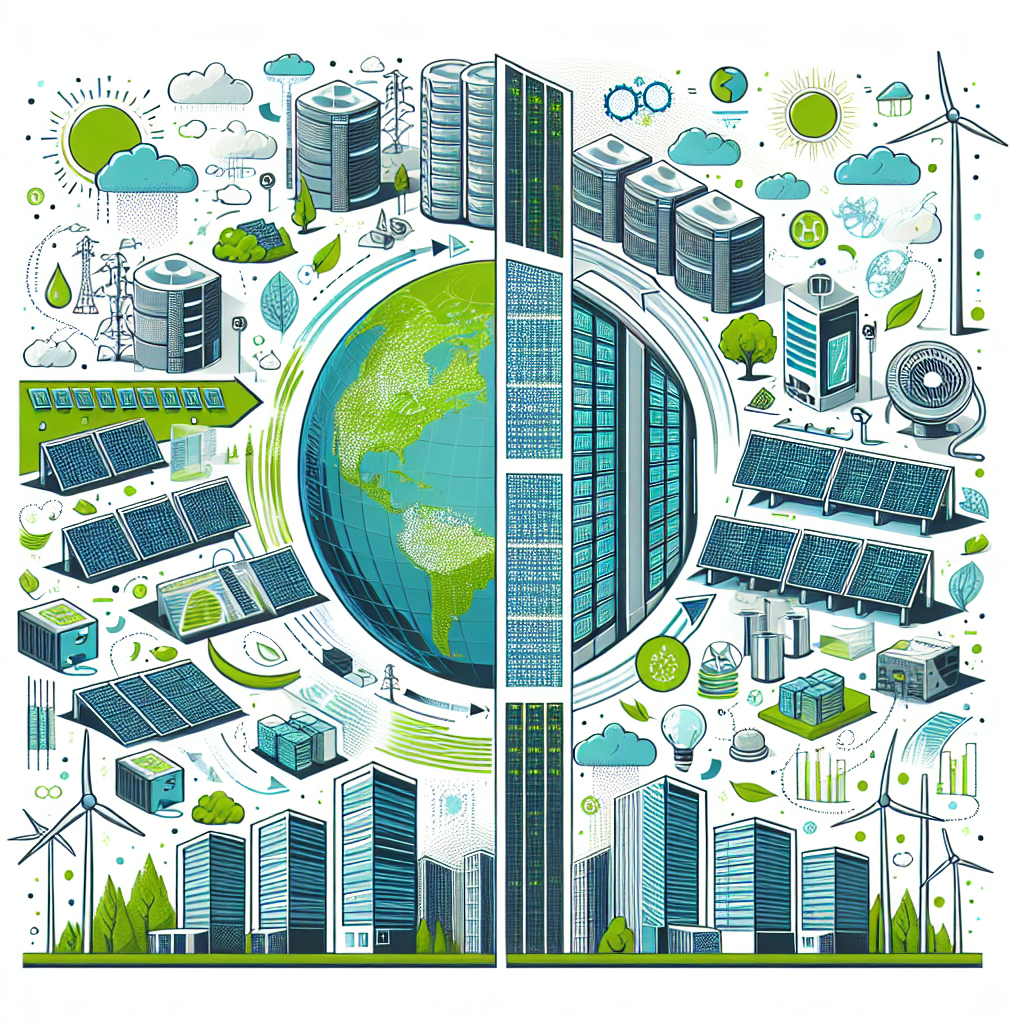Your cart is currently empty!
The Future of Data Centers: Sustainable Practices and Innovations

Data centers are the backbone of the digital world, housing the servers and infrastructure that store, process, and transmit vast amounts of data every day. As the demand for data continues to grow exponentially, the future of data centers is becoming increasingly important. In order to meet this demand while minimizing their environmental impact, data centers are embracing sustainable practices and innovative technologies.
One of the key challenges facing data centers is energy consumption. According to a report by the International Energy Agency, data centers currently consume about 1% of global electricity production, and this number is expected to continue rising. To address this issue, data centers are increasingly turning to renewable energy sources such as solar and wind power. By harnessing the power of the sun and the wind, data centers can reduce their reliance on fossil fuels and lower their carbon footprint.
In addition to renewable energy, data centers are also implementing energy-efficient technologies to reduce their power consumption. This includes using high-efficiency servers, cooling systems, and lighting, as well as implementing advanced power management systems to optimize energy usage. By adopting these sustainable practices, data centers can not only reduce their environmental impact but also save on operational costs in the long run.
Another important aspect of sustainable data centers is water conservation. Data centers require large amounts of water for cooling purposes, and in water-stressed regions, this can put a strain on local water resources. To address this issue, data centers are implementing water recycling and reuse systems, as well as using innovative cooling technologies such as liquid immersion cooling. These solutions can help data centers minimize their water usage and reduce their impact on the environment.
In addition to sustainable practices, data centers are also embracing innovative technologies to improve their efficiency and reduce their environmental impact. This includes the use of artificial intelligence and machine learning to optimize data center operations, as well as the adoption of modular and containerized data center designs to increase scalability and flexibility. By leveraging these technologies, data centers can improve their performance, reduce their energy consumption, and minimize their environmental footprint.
Overall, the future of data centers lies in sustainable practices and innovations. By embracing renewable energy, energy-efficient technologies, water conservation measures, and innovative solutions, data centers can meet the growing demand for data while minimizing their impact on the environment. As technology continues to evolve, data centers will play a crucial role in shaping a more sustainable and connected future.

Leave a Reply